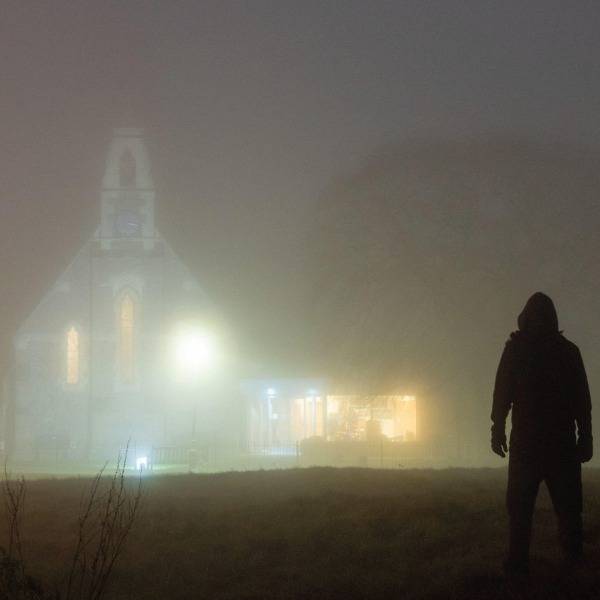So in the current US presidential campaign, how is God doing? Traditionally, the religious vote has been associated with the Republicans. But in our cover story James Crabtree, who worked for Barack Obama’s campaign in the run-up to the New Hampshire primary, shows how this alliance has been challenged by a new digitally enabled grassroots movement which is targeting the Democratic heartland.
With religion poised to enter the modern world in America, there are signs that Europe may be going in the opposite direction. Peter C Kjaergaard, from the University of Aarhus in Denmark, writes about an increasing acceptance of creationism, fuelled by the accession states. Those Europeans who once comforted themselves with the assumption that only in America are people seriously prepared to argue against evolutionary theory might need to think again. From Russia to Sweden, Spain to the UK, Kjaergaard reveals evidence of a growing threat to science and reason.
Unlike in the United States, there’s a strong Muslim component in the creationist lobby. While the arguments contained in Atlas Of Creation, a glossy handbook by the Turkish anti-Darwinist Adnan Oktar which purports to refute Darwin from an Islamic perspective, are predictably flimsy and pathetic, in the UK a more sophisticated strain of Islamic thought is emerging, typified by the recent launch of the Quilliam Foundation, which aims to combat extremism and forge a rapprochement with Western secularism. But who can these groups turn to for inspiration? One frequently touted name is that of Tariq Ramadan, the self-styled promoter of an Islamic reformation. But is Ramadan everything he appears? Veteran American journalist Doug Ireland goes in search of the real Ramadan.
In this issue we mark two anniversaries. Mike Marqusee argues that the founding of the state of Israel on 15 May 1948, set to be celebrated with some pomp in the UK, should be remembered instead as a historic and ongoing catastrophe, and not just for Palestinians. His steely forensic case provides a stark reminder of the cynical decisions, military conquests and religiously inspired politics that drive the huge and festering problems in the region. It’s also 40 years since the tumultuous events of “Paris ‘68”. Daniel Miller considers the continuing influence of the ideas of Henri Lefebvre, who was one of the inspirations for Daniel Cohn-Bendit and his student confrères when they joined with workers to occupy streets and buildings in an attempt to overturn the status quo and find the beach beneath the pavement.
The Paris rioters represent one model of collective radical action. Another is the summer festival, enshrined by iconic ‘60s events like Woodstock, the Isle of Wight, Monterey and Hyde Park. Andrew Mueller reconsiders the utopian ideals of the music, love and freedom-fest with some weary conclusions. Andrew won’t be mud-sliding through Glastonbury this year. Neither, if we are to believe her paean to high heels, will you see Sally Feldman there. She wouldn’t want to risk muddying her seven-inch Manolos.

